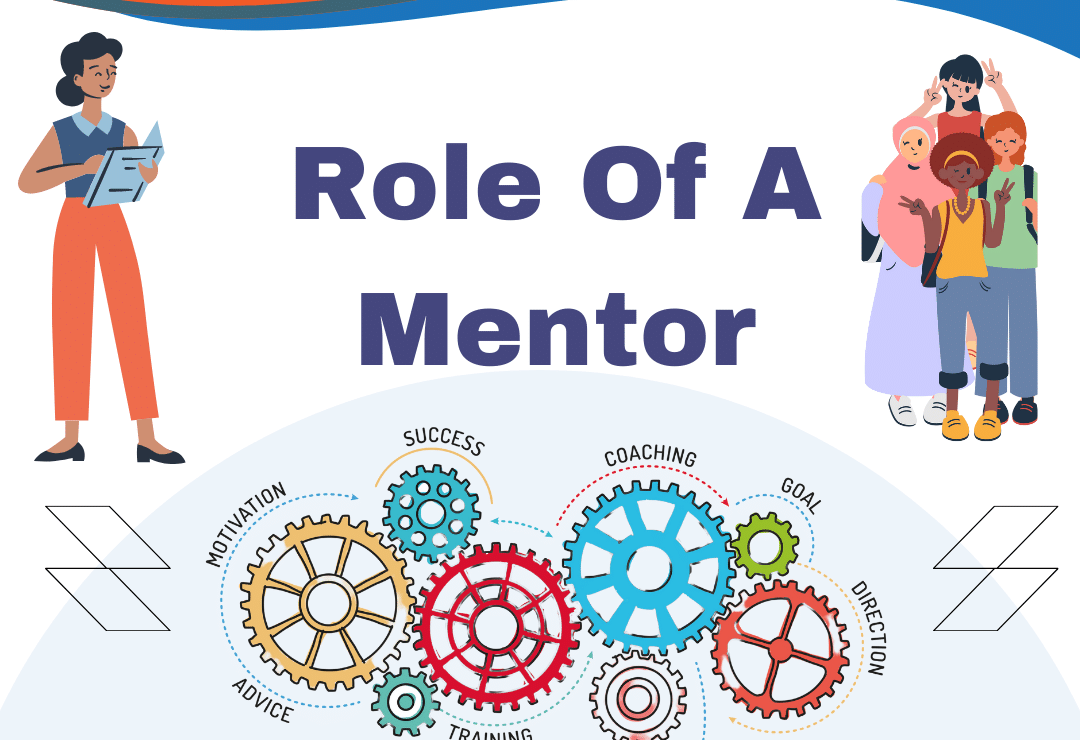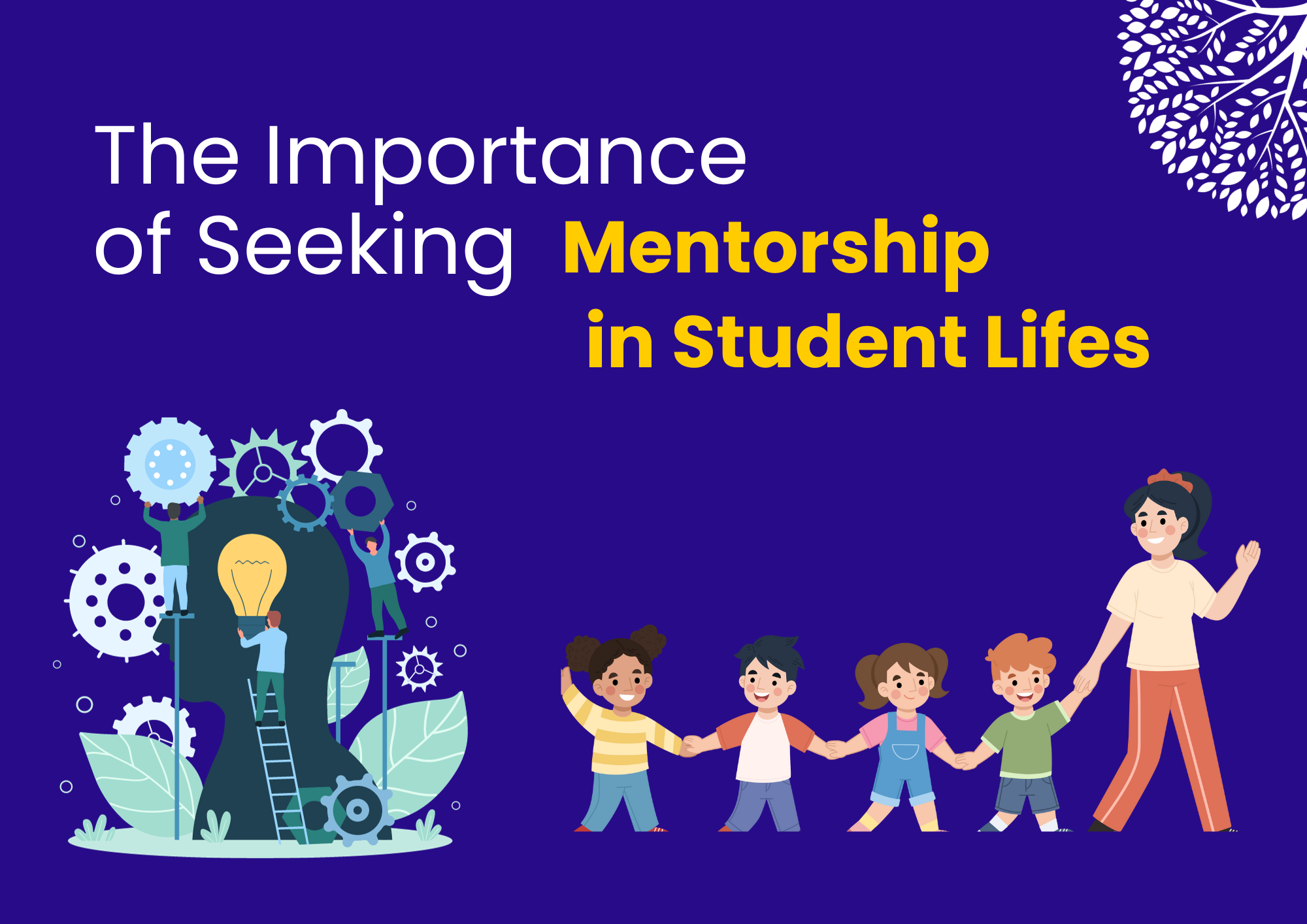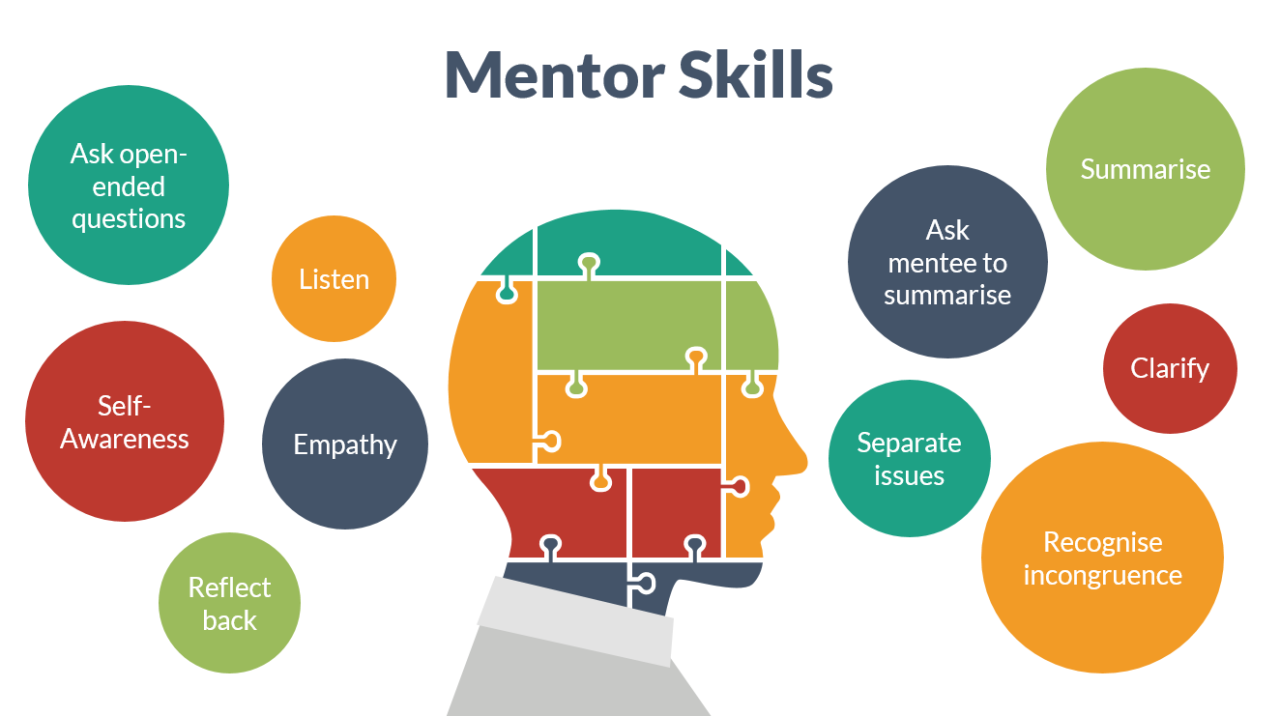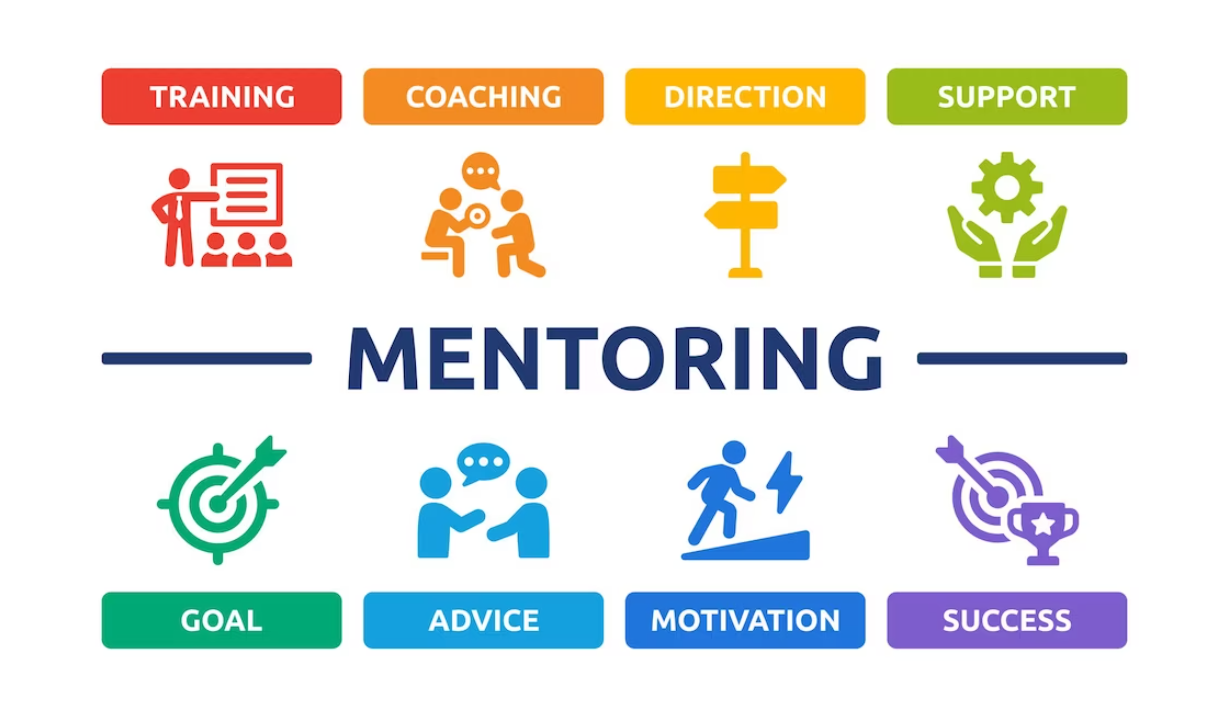Mentorship plays a pivotal role in the holistic development of students, serving as a guiding force in both academic and personal spheres. Defined as a dynamic, reciprocal relationship between an experienced individual and a less experienced individual, mentorship in student life holds immense significance.
Benefits of Mentorship in Student Life

Academic Guidance
One of the primary advantages of mentorship in student life is the enhancement of academic performance. Mentors provide valuable insights into effective learning strategies, study habits, and time management skills.
Through their experience, mentors can guide mentees in selecting appropriate courses, navigating academic challenges, and planning their educational trajectory.
Moreover, mentors can offer personalized support tailored to the unique needs of their mentees. Whether it’s clarifying complex concepts, providing additional resources, or offering constructive feedback, mentors become a crucial resource in the academic journey.
Career Development
Beyond academics, mentorship plays a pivotal role in shaping students’ career paths. Mentors, often seasoned professionals in their respective fields, can offer valuable insights into the realities of different professions.
This includes information about industry trends, skill requirements, and potential career trajectories. The mentor-mentee relationship becomes a bridge between academic knowledge and practical application in the professional world.
Additionally, mentors can facilitate networking opportunities for students. Through their established connections, mentors can introduce mentees to relevant professionals, opening doors to internships, job opportunities, and valuable industry experiences. This networking aspect is particularly beneficial in a competitive job market, where personal connections often play a crucial role.
Personal Growth and Confidence
Mentorship goes beyond academics and career development; it also contributes significantly to personal growth and the development of confidence in students.
The emotional support and encouragement provided by mentors can be instrumental in helping students navigate the challenges of student life. This support becomes particularly valuable during times of stress, uncertainty, or when facing setbacks.
Mentors serve as role models, inspiring mentees to believe in their capabilities and pursue their aspirations. Through regular interactions and mentorship sessions, students can build self-esteem, resilience, and a positive mindset, crucial attributes for overcoming obstacles in both academic and personal realms.
Mentorship Models

Formal Mentorship Programs
Many educational institutions and professional organizations recognize the importance of mentorship and have formalized mentorship programs.
These programs are structured initiatives designed to pair students with experienced mentors. In educational settings, schools and universities may implement mentorship programs to support students in their academic and personal development.
These formal programs often involve the identification and pairing of mentors and mentees based on shared interests, academic goals, or career aspirations.
Regular meetings, workshops, and events are organized to facilitate interaction and knowledge exchange between mentors and mentees. This structured approach ensures that mentorship is accessible to a broader range of students.
Informal Mentorship
While formal mentorship programs have their merits, informal mentorship also plays a crucial role in student development. Informal mentorship involves students seeking guidance from individuals who may not be part of a structured program but possess valuable insights and experiences. This could include building relationships with teachers, professors, or industry professionals.
Informal mentorship is often characterized by a more flexible and personalized approach. Students have the autonomy to choose mentors based on specific interests or needs, allowing for a more tailored mentoring experience. This model of mentorship emphasizes the importance of organic connections and genuine relationships that can develop naturally over time.
Overcoming Challenges in Mentorship in Student life
Addressing Potential Barriers
While mentorship offers numerous benefits, challenges may arise in establishing and maintaining effective mentor-mentee relationships.
Communication challenges, for example, may stem from differences in communication styles, expectations, or even generational gaps. Recognizing and addressing these barriers is essential to fostering a productive mentoring relationship.
Mismatched expectations between mentors and mentees can also pose challenges. Clear communication about goals, expectations, and boundaries is crucial to ensure that both parties are on the same page.
This involves discussing the frequency and nature of interactions, the specific areas of support needed, and the overall objectives of the mentorship.
Strategies for Fostering Effective Mentorship
To overcome these challenges, both mentors and mentees can employ strategies that enhance the effectiveness of the mentorship relationship.
Clear and open communication is key, with regular check-ins to discuss progress, address concerns, and provide feedback. Setting realistic expectations from the beginning helps align the mentorship journey with the goals of both parties.
Establishing goals and milestones is another effective strategy. This not only provides a roadmap for the Mentorship in Student Life but also allows both parties to track progress and celebrate achievements. Additionally, creating a supportive and inclusive environment encourages mentees to share their challenges and seek guidance without fear of judgment.
How to Find a Mentor
Utilizing Existing Networks
Finding a mentor often begins with leveraging existing networks. Within educational settings, students can turn to teachers, professors, and school counselors for guidance.
These individuals are well-positioned to offer insights into academic paths, extracurricular activities, and potential career options. Their familiarity with the academic landscape and understanding of individual students make them valuable sources of mentorship.
Family and community connections also play a role in mentorship. Relatives or community members who have experience in a particular field can provide valuable advice and support. These connections, often rooted in trust and shared values, can serve as a foundation for meaningful mentorship relationships.
Engaging in Mentorship Programs
Actively participating in mentorship programs is another avenue for students to find mentors. Many educational institutions and professional organizations offer formal mentorship programs that pair students with experienced individuals in their field of interest.
Researching and applying for these programs can provide students with access to mentors who are committed to guiding and supporting their mentees.
Mentees should approach these programs with a clear understanding of their goals and expectations. Being proactive in seeking mentorship opportunities and expressing a genuine interest in learning from experienced individuals can increase the likelihood of finding a compatible mentor.
Conclusion
In conclusion, the importance of seeking mentorship in student life cannot be overstated. Mentorship in Student Life serves as a catalyst for academic success, career development, and personal growth.
The benefits extend beyond the immediate academic environment, influencing long-term trajectories and shaping the character of individuals.
As students navigate the complexities of student life, mentorship emerges as a valuable resource that provides guidance, support, and inspiration.
The diverse models of Mentorship in Student Life, ranging from formal programs to informal connections, offer students flexibility in choosing the approach that aligns with their needs and preferences.
While challenges may arise in mentorship relationships, proactive communication, goal-setting, and a commitment to mutual growth can overcome these obstacles.
As students actively seek Mentorship in Student Life and mentors invest in the development of the next generation, a culture of mentorship emerges that contributes to a more enriched and empowered student community.
In essence, mentorship is a symbiotic relationship that not only benefits individual students but also contributes to the overall development of educational institutions and society at large.
By recognizing and embracing the importance of mentorship, students can unlock their full potential and embark on a journey of continuous learning and growth.











